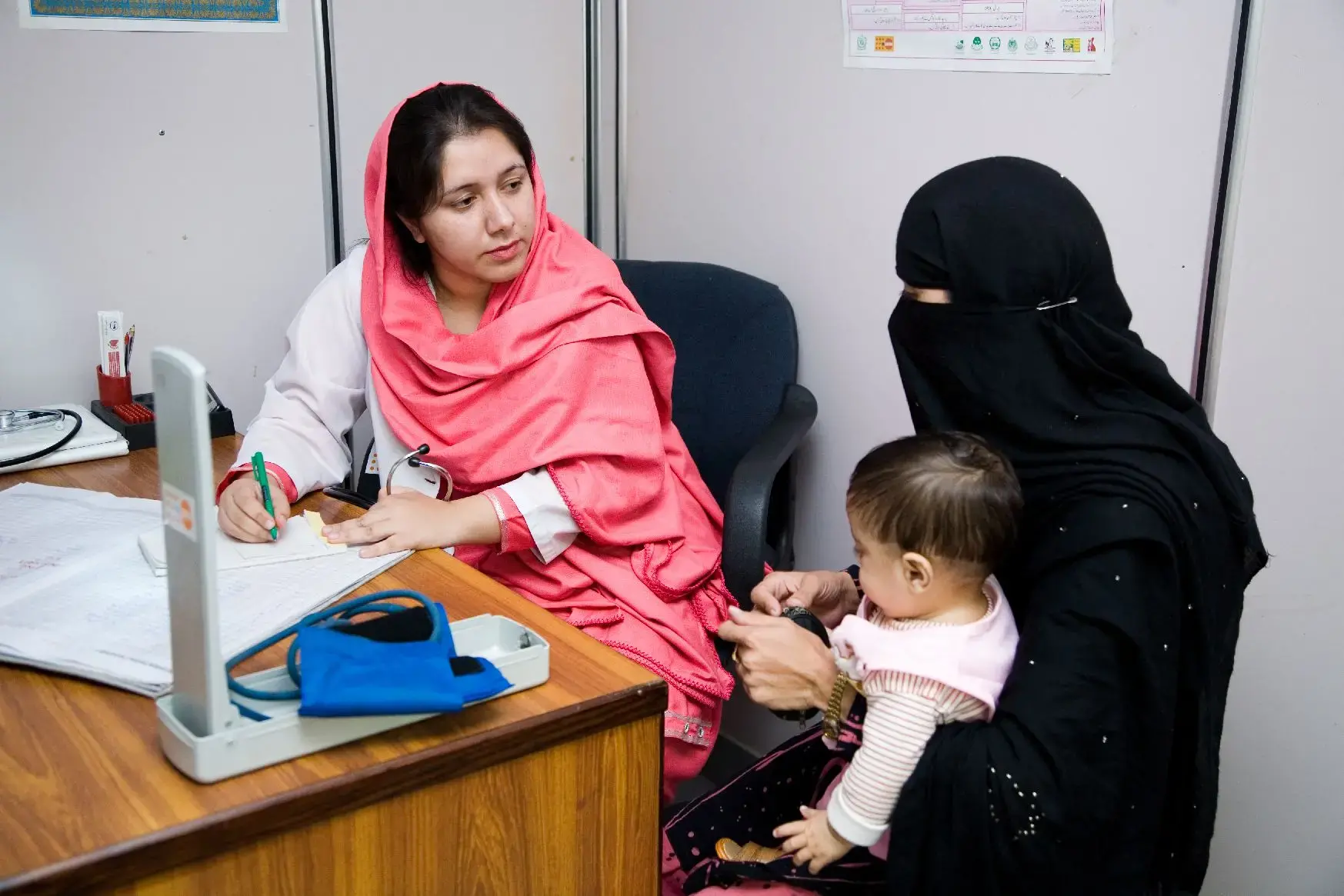The right to decide the number, spacing and timing of children has a profound impact on the life of a woman. Yet, one in five married women in Pakistan who want to avoid pregnancy are unable to access effective methods to do so.
Among similar countries in Asia, Pakistan’s demographic transition is considerably delayed by slow onset of fertility decline, with a total fertility rate of 3.8 children per woman - 31 per cent higher than the desired rate.
UNFPA recognizes that by meeting the unmet need for family planning, a reduction in the number of maternal deaths can be achieved by nearly a third. Empowerment of women, girls and young people further facilitates their access to, and informed decision-making about their sexual and reproductive rights. This is why UNFPA works hard to address the unmet need for family planning by improving health service approaches, promoting comprehensive sexuality education in schools, working toward gender equality and empowerment of women and girls, ensuring a reliable supply of contraceptives and advocating for policies that better support family planning.
What is family planning?
Family planning allows individuals to decide if and when to have children. It includes information and services related to contraceptives such as pills, implants, intrauterine devices, surgical procedures and condoms as well as abstinence. It also provides information on how to become pregnant for individuals who are ready to have children.
UNFPA does not recognize abortion as a family planning method. In fact, increasing access to family planning information and services will help to reduce the number of abortions, unintended pregnancies and maternal mortality.
Benefits of family planning
-
Empowers people to choose: Access to contraceptive information and services is fundamental to women’s empowerment. When women decide when they want children, they are free to make choices about their life and future.
-
Reduces poverty: Slowing fertility rates are strongly linked to reduction in poverty.
-
Saves the lives of mothers and babies: Closely spaced and ill-timed pregnancies and births contribute to high maternal and infant mortality rates. Newborns of mothers who die during child birth are also at higher risk of death or poor health.
-
Prevents teenage pregnancies and sexually transmitted infections: Girls who fall pregnant are forced to leave school, risk their lives and health during pregnancy and childbirth and can have long-term implications on their economic and social contributions.
-
Provides opportunity for economic growth: Family planning can help slow unsustainable population growth that is threatening Pakistan’s future economic growth. Investing in family planning is crucial to the development of Pakistan and can accelerate the achievement of the Sustainable Development Goals.
UNFPA’s role
UNFPA works closely with National and Provincial Departments of Health and Population Welfare and other stakeholders to revitalize family planning services in the country. UNFPA continues to play a convening role between national and provincial departments as well as other stakeholders, including supporting the Country Engagement Working Group which helps advance the Family Planning 2020 commitments. UNFPA serves as the Chair of the Family Planning Donor Working Group, which coordinates donor initiatives and supports family planning initiatives across Pakistan.
UNFPA utilizes the WHO’s Global Rights-Based Family Planning Protocols, which helps guide the standardization of family planning across Pakistan's health systems.


